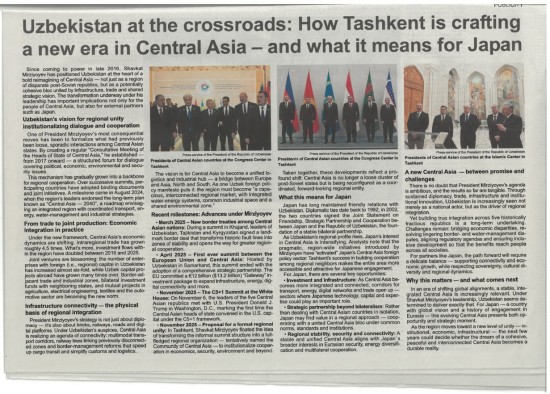Debt issued by Uzbekistan is weakening, as emerging market investors braced themselves for the fallout from the crisis in Afghanistan.
Afghanistan’s US-backed government collapsed over the weekend as Taliban fighters seized the capital, Kabul, following a stunning advance that had seen the Islamist group overrun most of the country.
The likely exodus of refugees from Afghanistan could strain the finances of neighbouring countries, fund managers said, while there was also concern over the potential for western retaliation against Pakistan for providing a safe haven for the Taliban.
Pakistan’s dollar-denominated bonds fell by about 1 per cent to just above 100 cents on the dollar, with some longer dated issues sinking to their lowest prices in nine months. The yield on a 10-year bond issued in April this year, which moves in the opposite direction to the debt’s price, climbed by about a quarter of a percentage point to roughly 7.3 per cent.
The country’s $8.8bn of dollar bonds have now fallen by about 4 per cent since mid-June.
“There are a few concerns driving this move,” said Uday Patnaik, head of emerging market debt at Legal and General Investment Management. “One is the refugee crisis — clearly Pakistan is going to be affected by that, and that’s going to be expensive.
“A lot of people are also debating the possibility of formal or informal sanctions on Pakistan for working with the Taliban. We’ve been underweight for the last couple months because of these issues but like everyone else we didn’t expect this to happen so quickly.”
Even prior to the recent sell-off, Pakistan already had some of the highest bond yields among emerging economies that are not considered to be at immediate risk of default. Its debt is rated B minus by Standard & Poor’s and by Fitch, six notches into junk territory.
Patnaik said LGIM had also recently reduced its holdings of bonds issued by Uzbekistan and Tajikistan in recent months. The price of Uzbekistan’s dollar bond maturing in 2030 was down by roughly a quarter of a per cent on Monday.
The market’s focus has fallen on Afghanistan’s neighbours as the country itself does not have any internationally traded debt, with the ousted government having received most of its financing from western governments and other donors such as the World Bank and the IMF.















